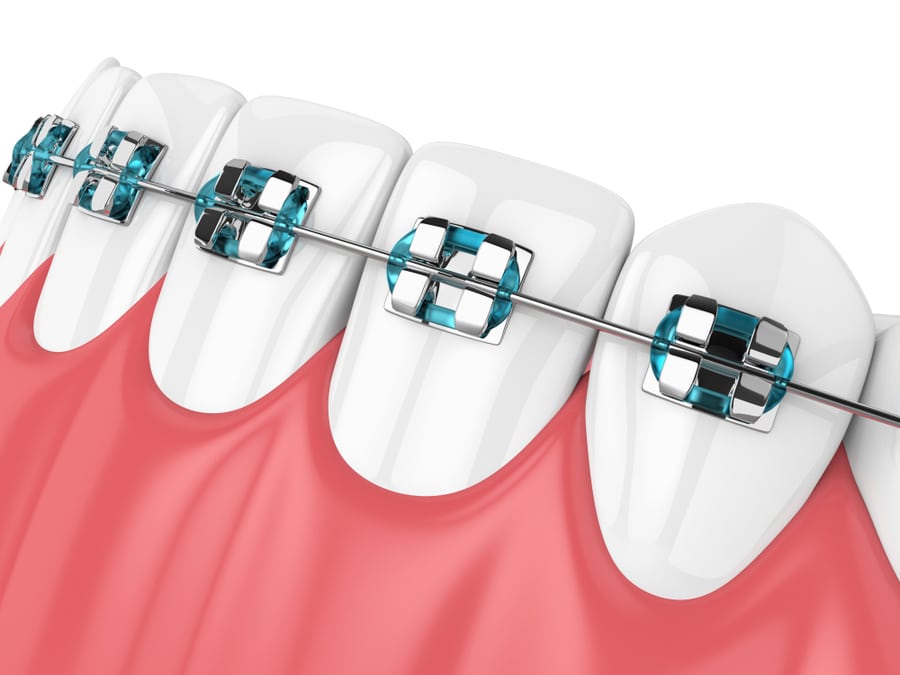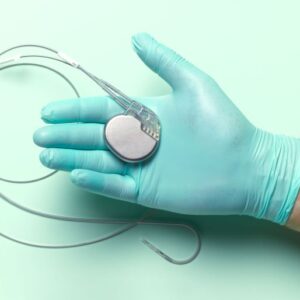Description
Familiarity with Treatment
Lingual braces are a type of orthodontic treatment that offers a discreet alternative to traditional braces. They consist of brackets and wires that are fixed to the back of the teeth, making them nearly invisible from the outside. This treatment is suitable for individuals who desire a less noticeable orthodontic option.
Procedure
The procedure for lingual braces involves the following steps:
- Initial Evaluation: The orthodontist evaluates the patient’s teeth, jaw, and bite to determine the treatment plan and assess the suitability of lingual braces.
- Placement of Braces: Customized lingual brackets are bonded to the back of the teeth, and archwires are threaded through the brackets to apply gentle pressure, gradually moving the teeth into the desired positions.
- Adjustments: Regular adjustments are made to the braces to continue the process of shifting the teeth.
Who is it Suitable for?
Lingual braces are suitable for individuals who desire a discreet orthodontic treatment option. They are effective for correcting various orthodontic issues, including misaligned teeth and bite problems. Lingual braces are particularly popular among image-conscious individuals, professionals, and adults who prefer a less visible orthodontic solution.
Who is it Not Suitable for?
Lingual braces may not be suitable for individuals with certain dental conditions or those who require more complex orthodontic treatments. Additionally, individuals who have specific oral habits or conditions that may interfere with the placement and maintenance of lingual braces should consult with an orthodontist to determine the most suitable treatment option.
Advantages
- Discreet Appearance: Lingual braces are nearly invisible from the outside, providing a discreet orthodontic treatment option.
- Effective Treatment: They are effective at correcting a wide range of orthodontic issues, similar to traditional braces.
- Customized Fit: Lingual braces are customized to fit the individual’s teeth, providing a tailored orthodontic solution.
Complications
- Speech Impediments: Initially, wearing lingual braces may affect speech, but most individuals adapt over time.
- Hygiene Challenges: Maintaining optimal oral hygiene with lingual braces can be more challenging compared to traditional braces, as the brackets are not visible and it is more difficult to remove debris.
Preoperative Care
Before getting lingual braces, it is important to address any existing dental issues and undergo a comprehensive evaluation by an orthodontist to determine the suitability of this treatment option.
Postoperative Care
After the placement of lingual braces, patients need to maintain good oral hygiene, attend regular orthodontic appointments for adjustments, and follow any specific care instructions provided by the orthodontist. It is important to be mindful of dietary restrictions and practice proper oral care to ensure the best outcome.





Reviews
There are no reviews yet.